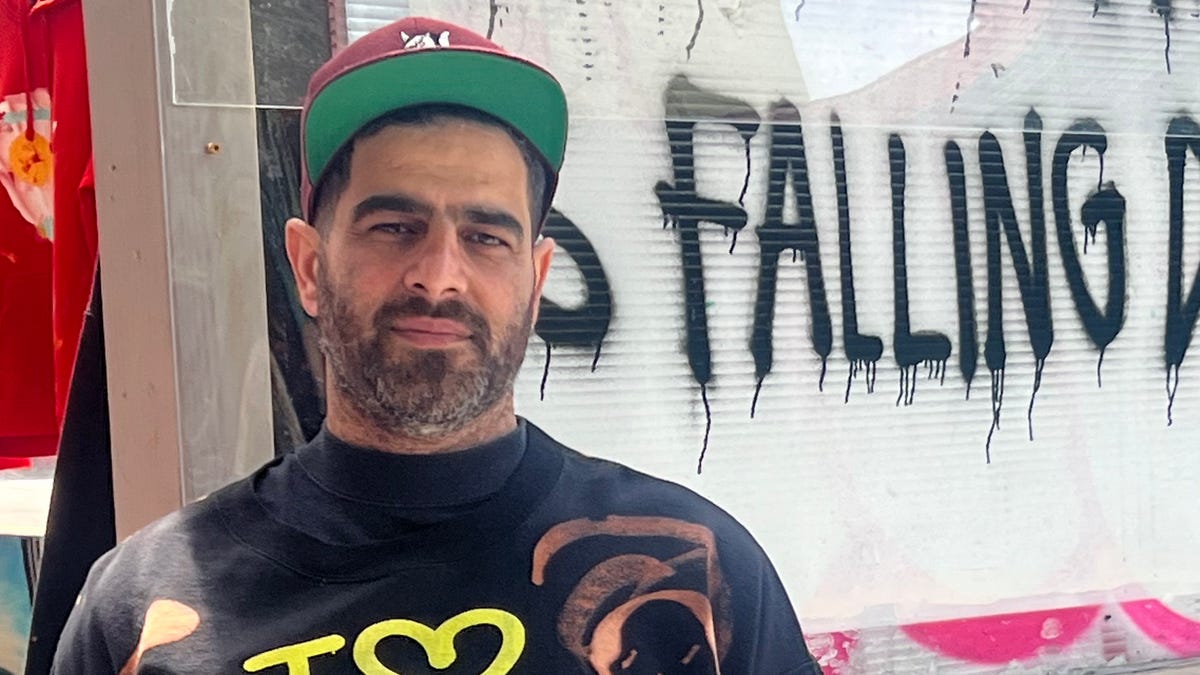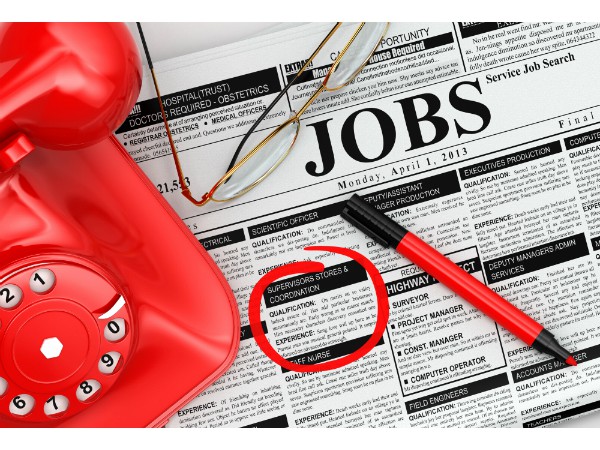Bussiness
San Francisco restaurant owner goes on 30-day hunger strike over new bike lane

A San Francisco restaurant owner is undergoing a 30-day hunger strike to protest a new bike lane he says is destroying businesses.
While the decision may seem extreme, 41-year-old Eiad Eltawil said he felt it was necessary after the city’s Municipal Transportation Agency refused to address the Mission District neighborhood’s complaints about a 12-month trial bike lane. After 11 days of sleeping outside and not eating, he Eltawil says he’s lost about 15 pounds.
“Yesterday was an extremely tough day, my stomach really, just in extreme pain,”Eltawil told USA TODAY on Thursday. “Before that I was doing OK. But I’m willing to do it. I really want people to know all my suffering I’m going through.”
Eltawil said he isn’t just his fighting for his family, which owns the Yasmin Mediterranean restaurant and the Rossi Mission SF artwork store, but several others he says are being hurt by the bike lane. He also intends to pursue legal action against the city.
Bike lane cuts 70 parking spaces
Since launching in August, the bike lane has created a parking deficit on Valencia Street by removing 70 spaces, according to attorney Jim Quadra, who is representing Eltawil. The implementation has also shortened the amount of time drivers can use the remaining spots, some of which have a five-minute time limit.
At least 10 businesses on the street have closed and Quadra said he expects that number to rise to 15 before the trial period ends. The lane has also eliminated all left turns on Valencia, creating more traffic congestion.
“If you’re going to come all the way to a neighborhood like Valencia, if you don’t have parking, it’s impossible,” Eltawil said. “Five minutes is not going to do it. No left turns makes confusion, a lot of accidents. It’s just become very undesirable.”
The street has also seen an increase in accidents, near misses and some serious collisions, Quadra said. Additionally deliveries to the businesses have become nearly impossible.
“You have these trucks to deliver for restaurants and other shops and if they pull over, they’re basically blocking traffic,” Quadra said. “It’s a complete mess that was created.”
‘Lack of communication’ inspires hunger strike
Even more frustrating and dangerous than the lane itself is the San Francisco Municipal Transportation Agency’s lack to communicate, Eltawil said, adding that he’s tried talking to people in person at the office and at City Hall.
“They refuse to communicate,” he said. “Every time you send an email, they’ll send you a generic answer every single time with no forward.”
Small business consultant Kevin Ortiz, who represents Eltawil’s restaurant, also accused the agency of taking six to seven months to provide businesses with basic permits for things like outdoor seating or clothing racks, which he said is “unacceptable.”
Eltawil said other business owners choose not to speak up due to fear of retaliation so decided he’s going to raise awareness through his outdoor protest.
“All I want to do is my hunger strike and duty and try to let people know what’s going on,” he said.
Agency says they are working on solutions
The Municipal Transportation Agency said officials have spoken to stakeholders on Valencia and will use their feedback to inform the design of the bike lane.
“Our outreach and collaboration will continue through the spring, as we work on solutions that best protect both businesses and bicyclists on the corridor,” the agency said in a statement to USA TODAY.
MTA did not respond to USA TODAY’s questions about Eltawil’s and Quadra’s claims.










